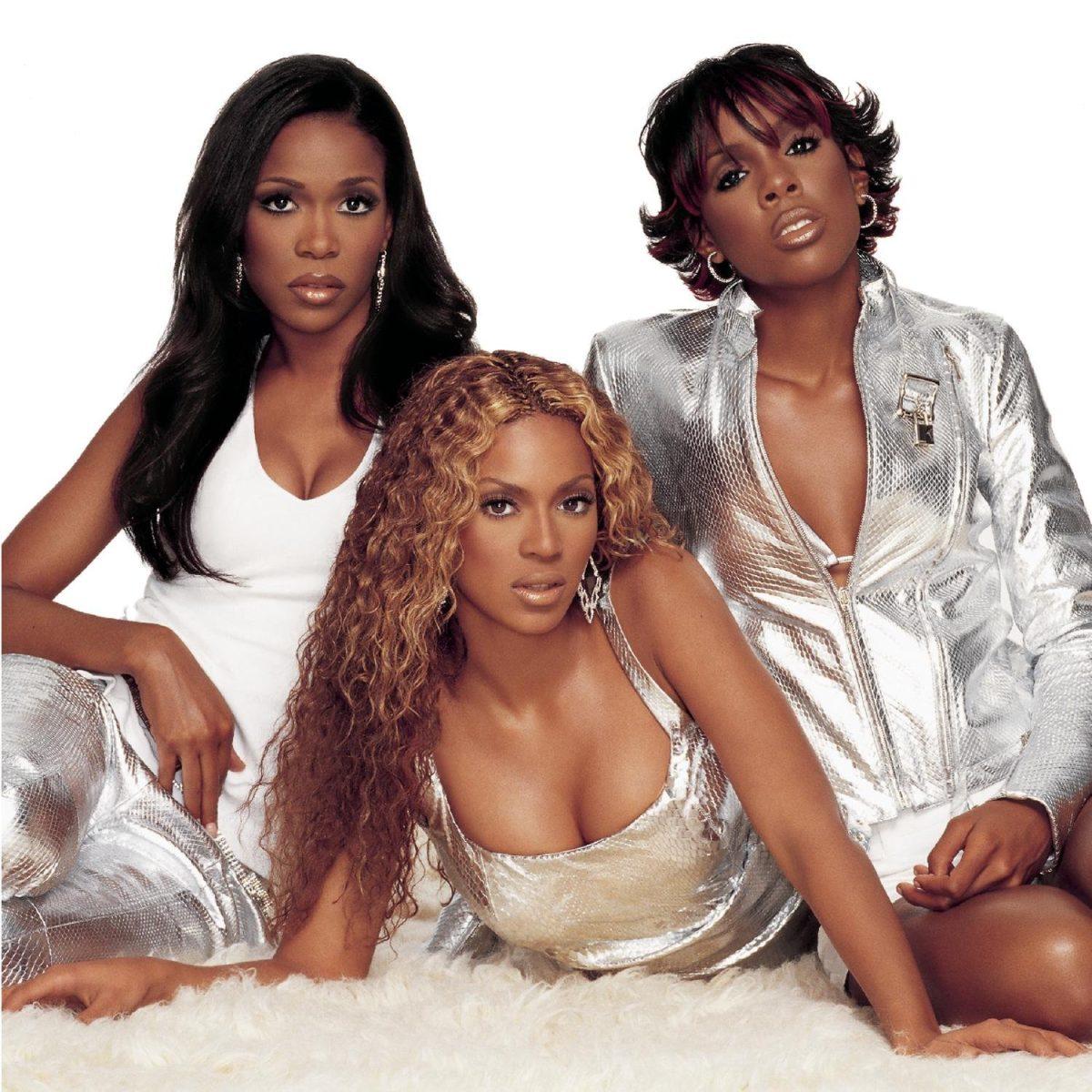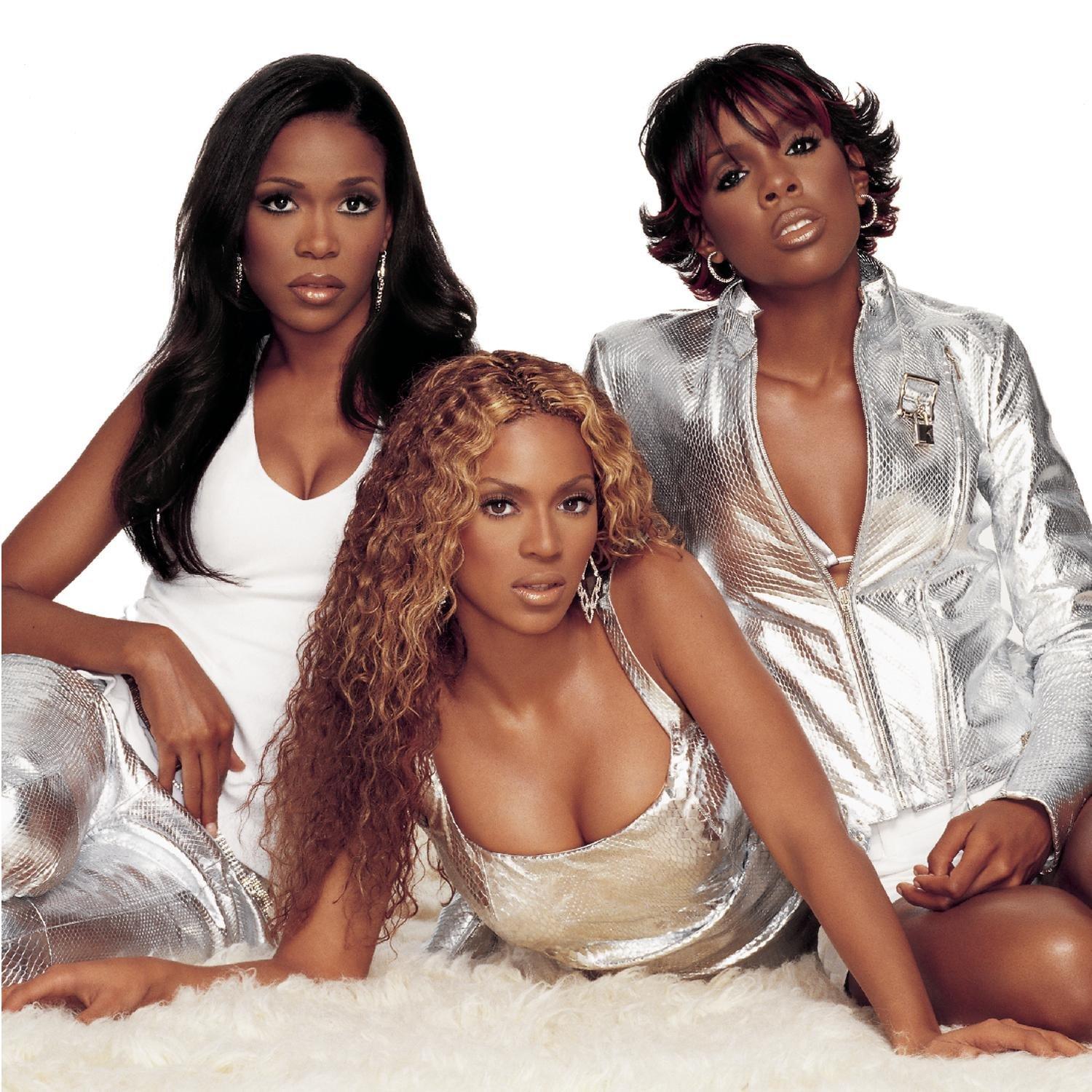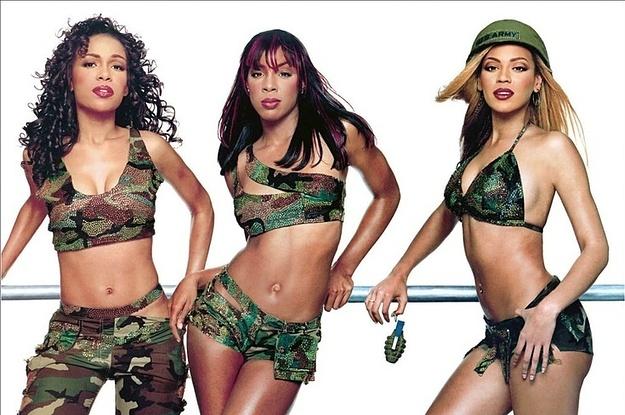Photo courtesy of Destiny’s Child
On May 1, 2001, Destiny’s Child released “Survivor,” the group’s third album. Amidst tumultuous group dynamics, Destiny’s Child put out an album rooted in female empowerment with messages that are as uplifting and relevant today as they were then.
Story by Kennedy Williams
From track one, “Survivor” is a love letter to women around the world. “Independent Women Part I” celebrates women who have their own. In the pre-hook, member Kelly Rowland and former member Farrah Franklin sing “The shoes on my feet, I bought it/ The clothes I’m wearing, I bought it/ The rock I’m rocking, I bought it/ Cause I depend on me if I want it.” With this track, the album’s overall importance and goals are revealed to empower women to be confident in their personal independence and femininity. While “Independent Women Part I” sends a clear message on its own, it is also a part of the canon of songs laden with messages of female empowerment that rose to prominence in the early 2000s. It is one of those tunes that makes you want to grab your closest friends and belt out the lyrics unapologetically.
Gif courtesy of GIPHY
Keeping the uncompromising theme of the album, “Bootylicious” is a celebration of women’s bodies, particularly those that are curvy. While body positivity is a go-to message for many artists today, few were celebrating full-figured bodies in all of their glory in the early 2000s. Taking a listen to “Bootylicious” in 2018 is still a revolutionary act. As women fight to keep access and ownership of their bodies, “Bootylicious” is the perfect soundtrack.
A deep cut on the album, “Nasty Girl,” discusses sexual autonomy. At first listen or scan of the lyrics, a listener might think that Beyoncé, Kelly, and Michelle are admonishing women. Instead, they are providing slick, sarcastic commentary on how women are shamed for what they wear. “Nasty put some clothes on, I told ya/ Don’t walk out your house without no clothes on, I told ya/ Girl what ya thinkin’ bout lookin’ that to’ down, I told ya/These men don’t want no hot female that’s been around the block female, you nasty girl.” With its images of women taking pride and joy in the liberal, over the top clothing, the music video for “Nasty Girl” subverts the notion that women must sanitize themselves.
Along with cementing Destiny’s Child as a group that set the tone for pop and R&B, “Survivor” revealed lead singer Beyoncé’s songwriting and production skills. Nearly every song was produced by Knowles, establishing her as a key figure within the group and the broader R&B scene. Knowles’ soulful melodies and keen ear for helped “Survivor” hit number one on the Billboard 200 chart.
Photo courtesy of Buzzfeed
When many think of the title track “Survivor” images of Beyoncé, Kelly Rowland and Michelle Williams trekking through a jungle and proclaiming their strength come to mind. But “Survivor” is a double entendre. It is both a nod to the inherent power of women and a statement about the endurance of the group. In 2000, one year before the albums release, former members LaTavia Robertson and LeToya Luckett were replaced with Michelle Williams and Farrah Franklin. Franklin left the group after five months due to health issues and dehydration. This lineup change spurred articles that discussed the tumultuous nature of the group, all asking who would survive until the end of Destiny’s Child. With “Survivor,” it became evident that the legacy of Destiny’s Child would be music that empowered women to persevere.
Today, “Survivor” is a rallying call for women around the world, encouraging them to stand tall amidst all of the challenges and triumphs.














































